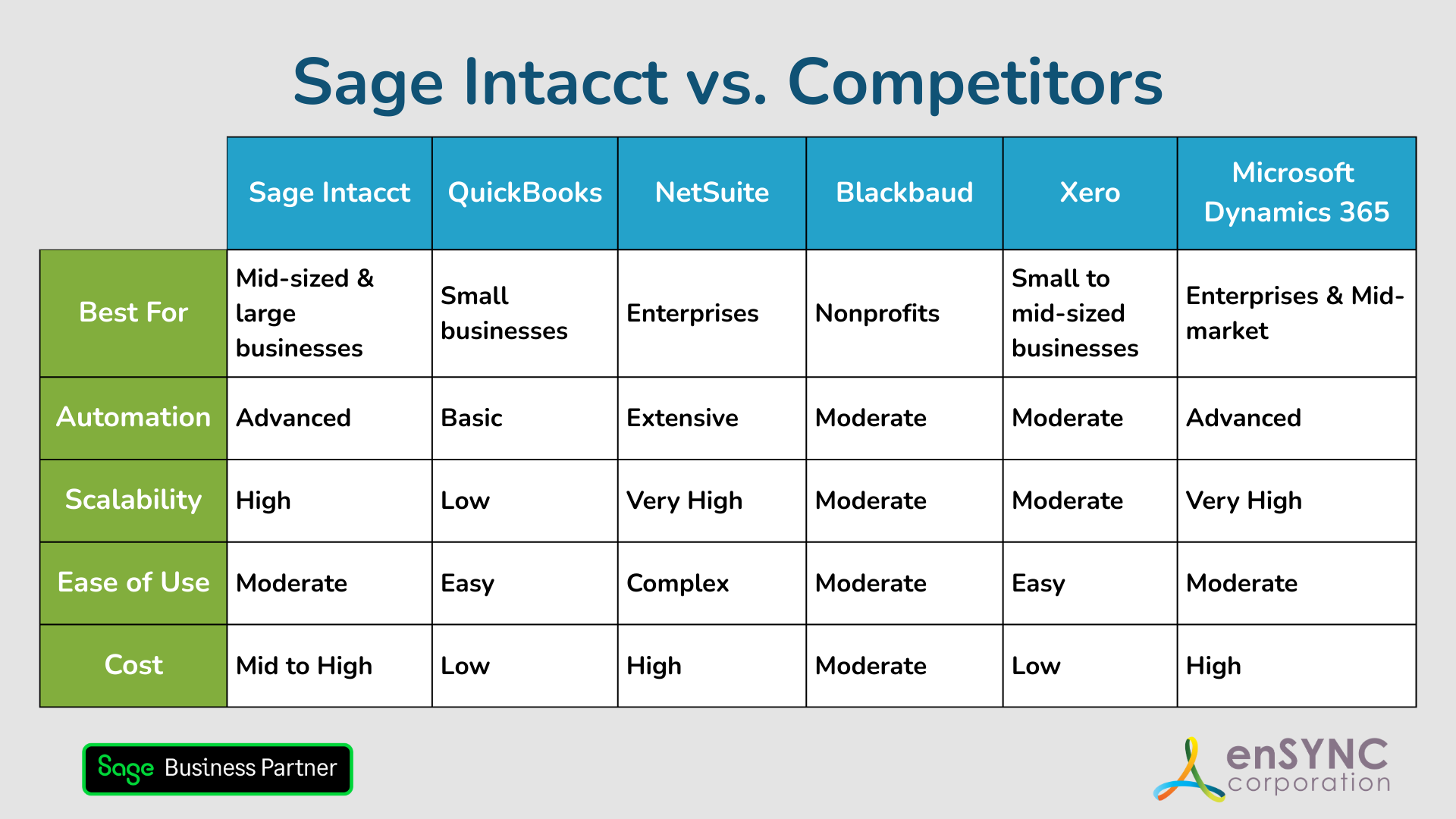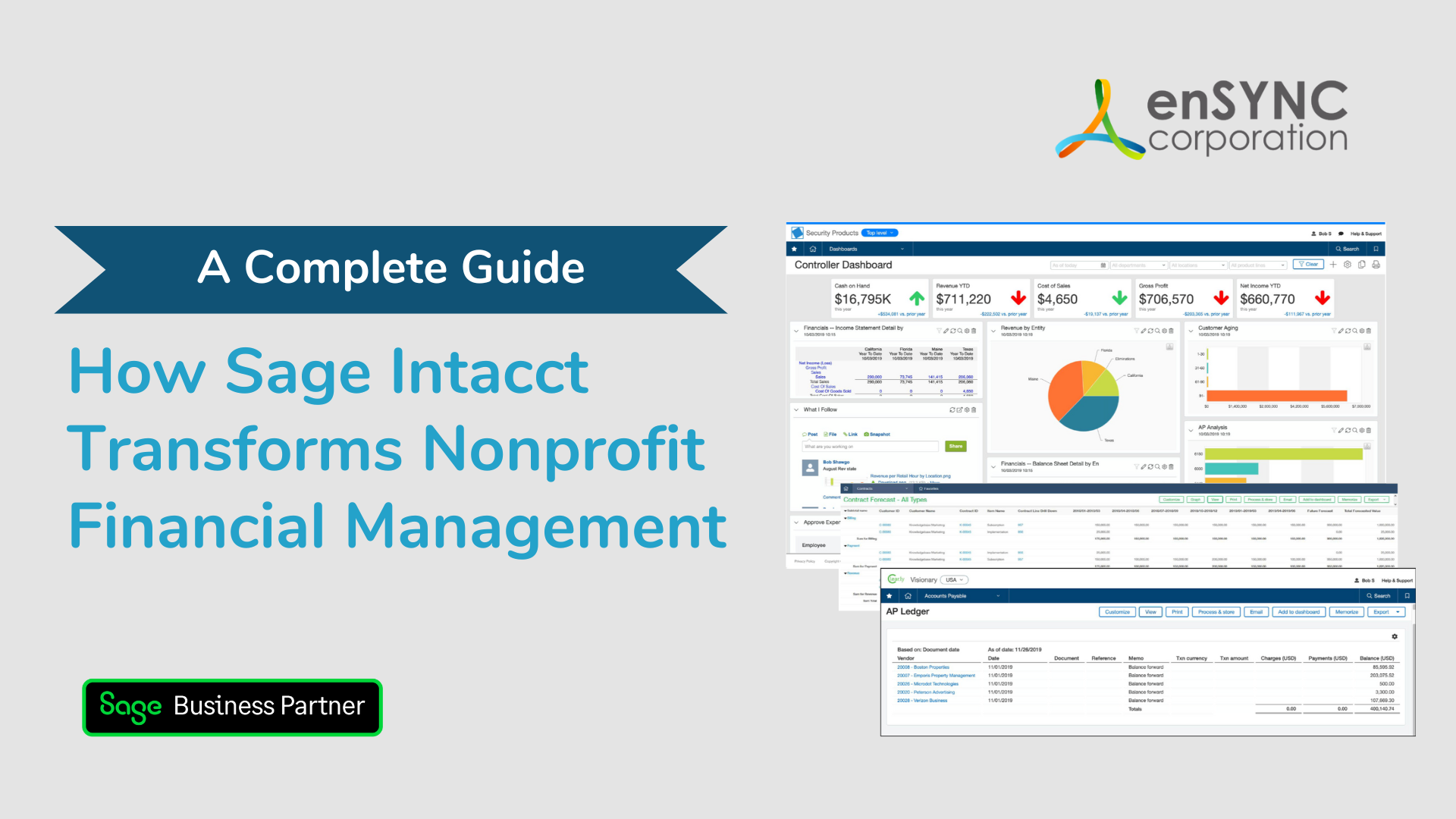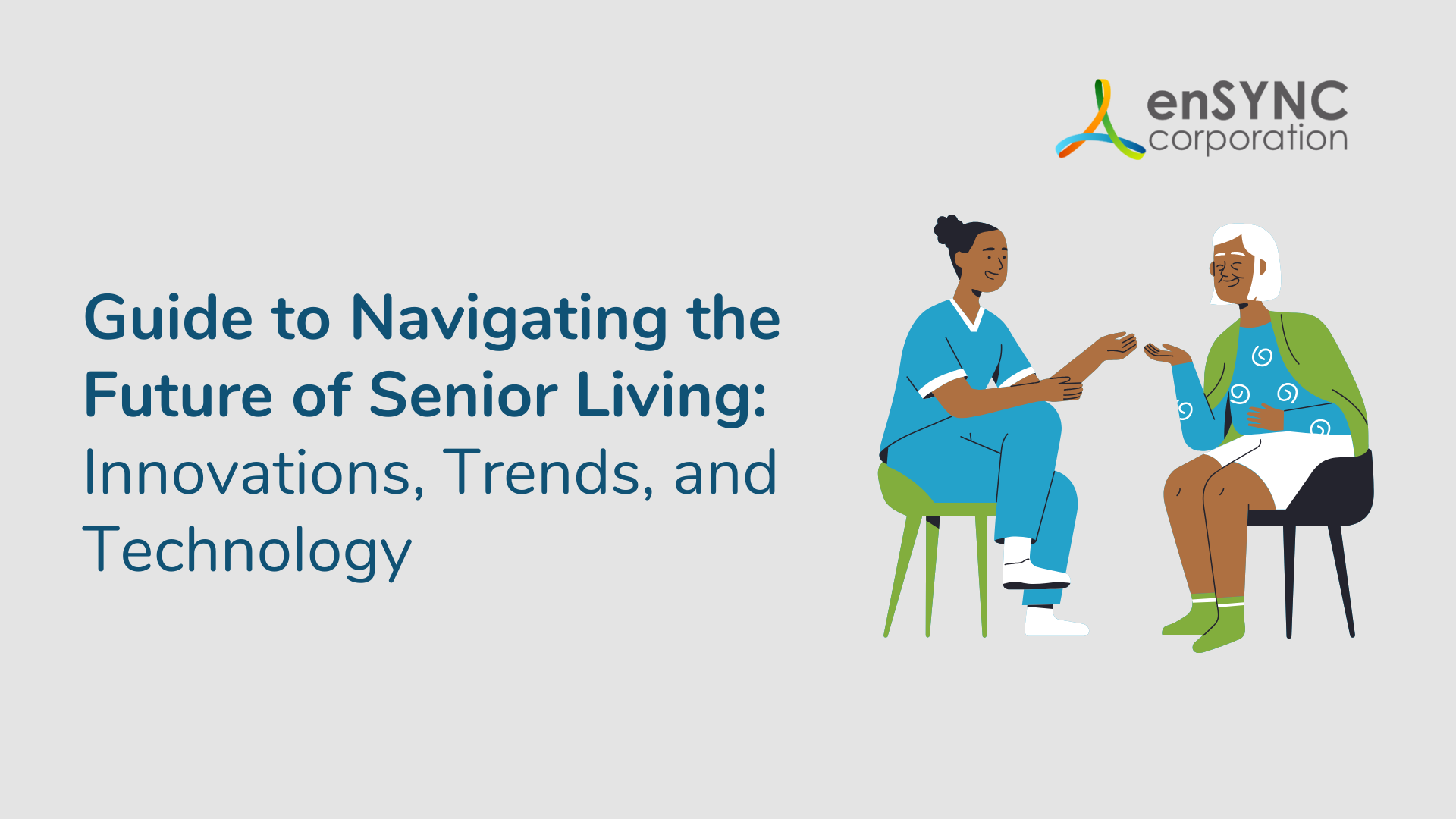Technology & digital transformation | Member engagement | Healthcare & medical associations
How to Attract Young Healthcare Professionals To Your Association
October 14, 2022
|
Digital innovation is the key to attracting young healthcare professionals to your healthcare association or medical society. This quick guide shows you how with technology and marketing tips that help reinvent your organization to attract the next generation of healthcare professionals.
Short on time? Then download our healthcare association playbook with everything included in this quick guide plus more digital transformation strategies you can start implementing today.
Download Medical Association Playbook
Is your healthcare association keeping up with the rapid pace of technology?
There’s no doubt that healthcare associations are critical to medical professionals. By providing continuing education, networking, mentorship, and volunteer opportunities, your association plays a vital role in guiding future healthcare leaders to shape the industry.
At the same time, memberships are declining across the country for numerous personal and professional reasons. Understanding this trend is essential to redefining your organization’s purpose to meet the demands of young healthcare professionals.
Let’s recall why people choose careers in medicine
Working in the healthcare industry is difficult on multiple levels. Demanding educational requirements, long hours, and stressful workplace conditions top the list of challenges faced by healthcare workers.
Healthcare associations can provide the support medical professionals need to succeed. But first, it’s helpful to understand their position by examining why potential members chose healthcare professions in the first place.
Healthcare workers have a sincere desire to help others
Many people are driven to a career in medicine because they want to make a positive change in the lives of others. Your organization can help them professionally by providing mentorship and educational opportunities.
Medical professionals want to make a positive industry impact
The healthcare industry is not perfect. Healthcare professionals — especially millennials — want to have a voice on critical issues impacting the communities they serve. Research from Naylor suggests that over half of associations have trouble engaging young professionals. In addition, 55 percent have problems customizing their communications for different member sub-groups.
Your healthcare organization can fill that void with professional medical association management services that help them coordinate efforts and advocate for important causes.
So why are young healthcare professionals not joining your association?
To put it plainly, most young professionals in the healthcare industry don’t see the value of joining an association.
Considering how the average cost of attending a school of medicine tops $200,000, many entry-level professionals believe membership dues are too expensive. In addition, many may feel that the professional development experience is lackluster and want more networking, jobs, and community engagement opportunities.
Further, those that do join associations tend to become members of national organizations and ignore the local or state affiliates.
Why value proposition is important for associations
Joining a local or state affiliate has clear benefits over a nationwide organization. That’s why it’s vital to communicate your value proposition to doctors, nurses, frontline workers, and other professions in healthcare located near your association.
Here are some benefits to highlight in your communication and marketing plans:
Networking and Mentorship Programs
Healthcare workers — especially new recruits entering the profession — value networking opportunities that give them the chance to make lasting personal and professional connections.
Educational Opportunities
Medical professionals of all ages are keen to learn new skills that further their personal growth and increase professional capacity. Healthcare associations can fulfill that demand by tailoring continuing education programs that follow the rapid pace of industry innovation.
Job Boards
Most professionals new to the field are laden with debt. At the same time, many are struggling to find satisfying jobs that match their skills and pay the bills. Associations that offer exclusive job boards and employment support help meet these needs while giving other organizations access to emerging local talent.
Community Involvement
Young medical professionals are more likely to volunteer and participate in charity work. Giving members ways to advocate for causes they care about helps associations engage in social cause marketing to expand their audience and attract new members.
Five tips for attracting millennials to associations
Increasing membership numbers is critical to the future of your association. Some tips to boost medical professional association membership include:
Tip 1: Upgrade your digital strategy
Young healthcare workers are accustomed to conducting personal and professional activities online on professionally-developed websites that leverage modern technological healthcare solutions. As a result, they likely expect that your medical association website offers the same level of functionality.
With that in mind, consider your current online service offerings. Is your online portal easy to use? Are all resources accessible within a few clicks? Is it easy to make payments and register for courses?
These are some questions you should ask your younger association members. By upgrading your services with innovative software and strategy solutions, your association can offer a similar user experience. At the same time, integrated software can simplify your internal operations, streamline processes, simplify content management and unlock social media opportunities.
Some immediate benefits of modern medical association software include:
- Website and content management
- Simplified marketing campaign creation
- Easy event management and promotion
- Seamless payment processing for membership dues and continuing education
- Easy access to association resources, correspondence, and other member services
- Advocacy tools for easily communicating important issues quickly
Tip 2: Give them a voice on social issues
Improving healthcare through advocacy benefits both millennials and associations by enabling both to work together to make changes on critical issues.
Innovative digital tools can help your association members influence healthcare policy and advocacy efforts through social media and in-person action. By offering members ways to engage in cause-based marketing, organizations can expand their reach to attract new members while increasing their profile and positively changing the healthcare industry.
Tip 3: Offer mentorship and volunteer opportunities
According to a recent report, 90 percent of millennials want to make the world a better place to live. Associations can address that challenge by offering mentorship and volunteer programs that align with their goals and provide a clear path to leadership opportunities. Modern membership management solutions help members self-organize and create a young professionals healthcare network that enables them to take action.
Tip 4: Revamp educational offerings
According to a study that examined association membership, participants cited continuing medical education (CME) as the top reason they would join an association.
Continuing professional development (CPD) is mandatory for most medical professions. Associations can address this demand with interactive online learning experiences that are easy to create on a modern LMS solution. Combined with mentorship programs, CME makes your association central to career development by helping members achieve goals and obtain recognition of their achievements.
Tip 5: Organize events they want to attend
Networking events are a top reason professionals join an association and should be an essential part of your medical association's marketing strategy.
Virtual and in-person events provide networking opportunities while helping to fulfill continuing medical education requirements. Encourage attendance by offering scholarships, giving away door prizes, and featuring guest speakers prominent on social media. Besides in-person events, you can also organize virtual events that encourage participation from members that live outside your jurisdiction and cannot attend.
Get the playbook on association digital transformation
Attracting new members to your association requires adapting to the digital environment. Download our healthcare association playbook with critical strategies that help redefine your organization’s purpose to attract a new audience and grow membership numbers.
Recent Posts

Sage Intacct vs. Competitors: Finding the Best Accounting Solution for Your Nonprofit
Choosing the right accounting software is a critical step for any organization — and a deeply personal one, too. How to choose the accounting...

How Sage Intacct Transforms Nonprofit Financial Management: A Complete Guide
Staying on top of financial management is crucial for all businesses, especially nonprofits. Nonprofits often have limited resources and handle...
Enjoying our blog?
At enSYNC, we want to empower associations and nonprofits to make well-educated decisions. If you want our industry knowledge (and other free guides) sent directly to your inbox, fill out the form below.


